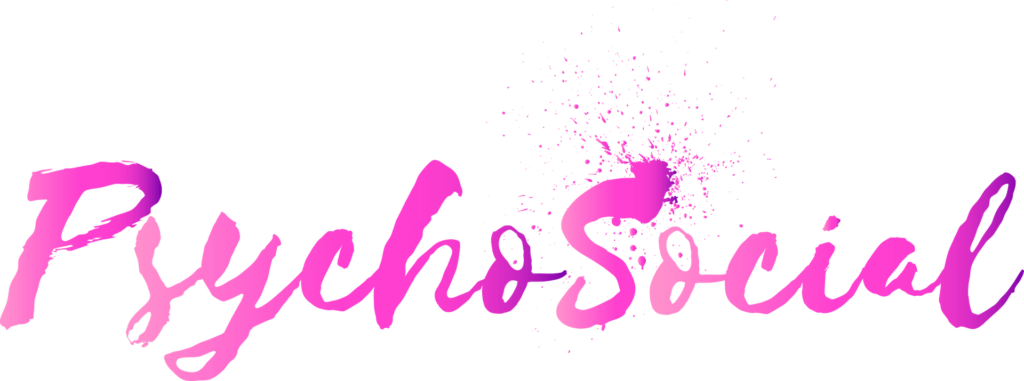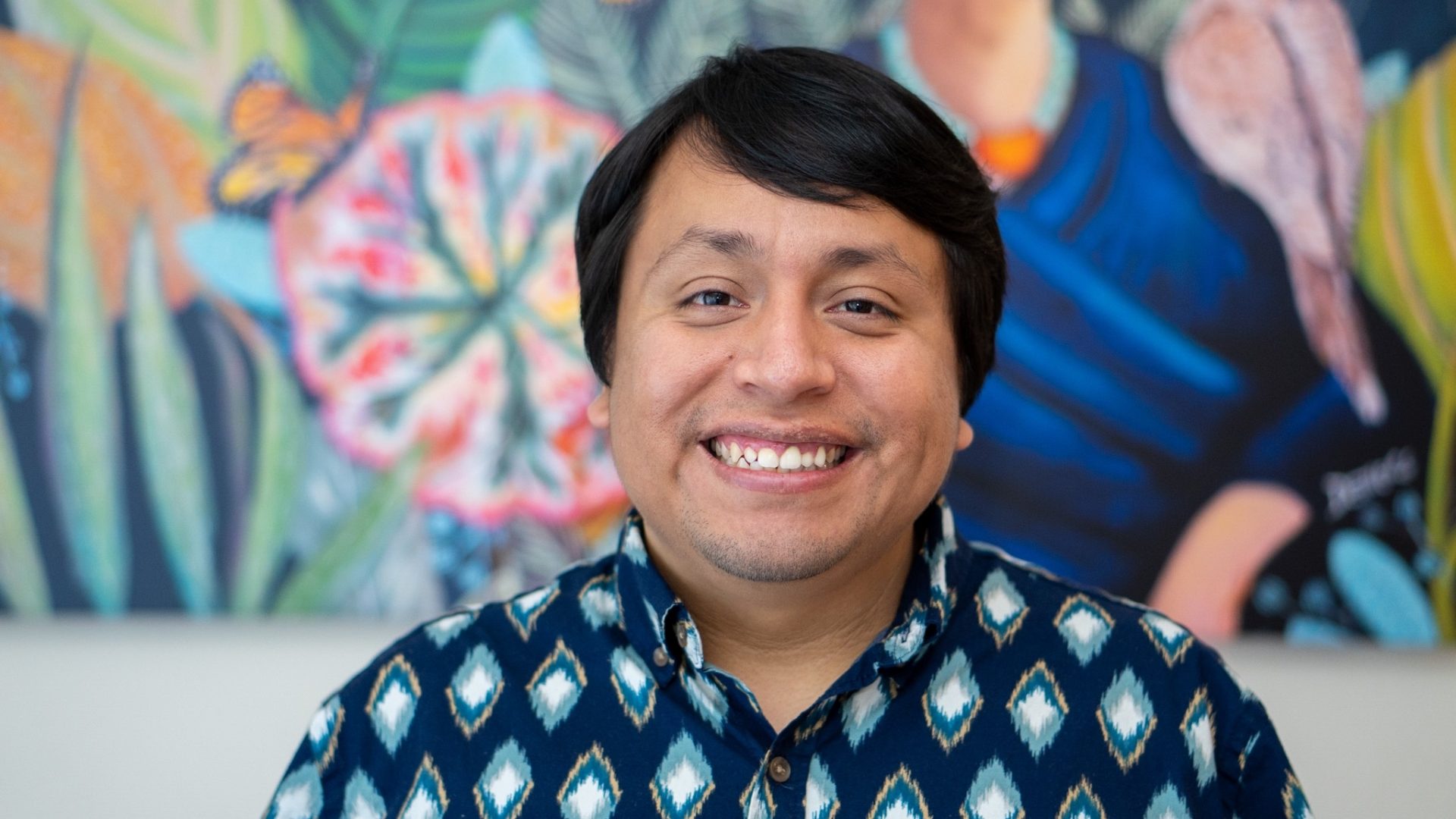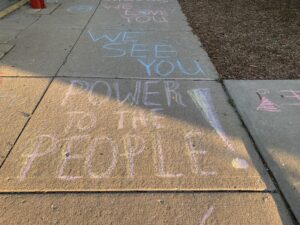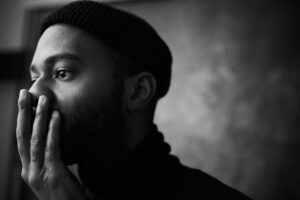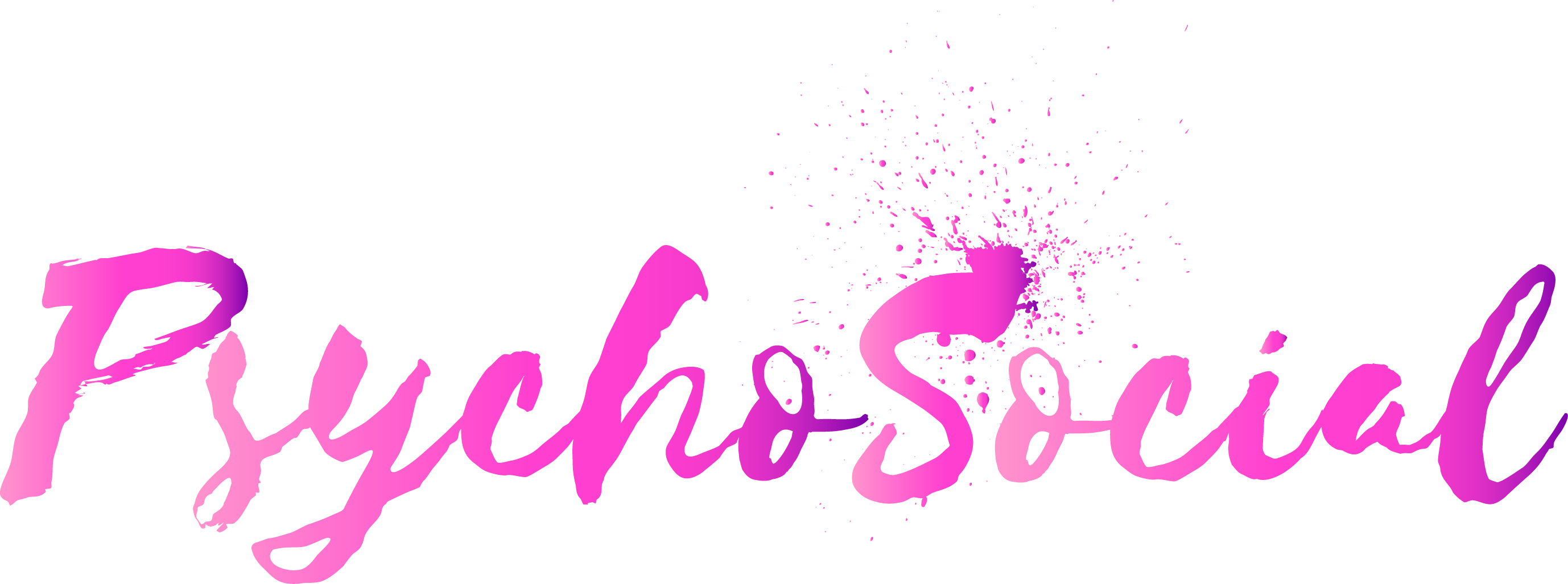Not too long ago I was contacted by StartOut’s marketing manager, Christa Kilday and asked to participate in an interview to talk about my experience as an entrepreneur during COVID-19 and the shelter in place. For those of you unfamiliar with StartOut, you can read some information below (from their website):
“Almost every LGBTQ+ entrepreneur has encountered unequal access to key resources needed to advance their business. In 2009, Darren Spedale, Bryan Janeczko, Joe DiPasquale, and Lorenzo Thione founded StartOut, an LGBTQ non-profit to promote LGBTQ equality and combat discrimination in the business world. Since then, StartOut has become a champion for the LGBTQ+ entrepreneurial community providing the resources entrepreneurs need to succeed, promoting the successes of our community, and researching the economic impacts of LGBTQ+ discrimination.”
They recently released the article through their newsletter and on Medium which you can read here
StartOut is a wonderful non-profit that has been helpful in my journey as an LGBTQ+ entrepreneur. From their access to legal, financial, and marketing resources to their mentorship program they have made it possible for hundreds of LGBTQ+ entrepreneurs to build their dreams.
The article they published was only a small fraction of what I submitted so I wanted to create this post to share my full responses and the questions I was asked. You can read my fill interview below:
The Business of Wellness in Our New Normal
1. Your Personal Backstory – How did you start PsychoSocial?
PsychoSocial started as kind of an accident. When my co-founder Katherine Dominguez and I started talking about ideas. We were trying to find a way to share our knowledge of child development. At the time we were both working as teachers and wanted to create sort of like a “mommy blog.” The funny thing is neither one of us is a parent, but we did have years of experience and education in the field. We started with a simple website where we added one blog post and then we completely forgot about it. Life went on and it wasn’t until years later that we found our old outlines and blog post. We started to laugh and reminisce about our idea. At this point, we were both early into our mental health careers and still looking for ways to fulfill our creative sides. This is where PsychoSocial was born. The term psychosocial refers to the psychological and social factors that influence our mental health. In other words, the way we relate to our social environment which can include psychosocial factors such as social support, work environment, social status, and social integration. We called our company “PsychoSocial” (capital letters for both words) to highlight both the psychology aspect of our work and the social piece such as social media, content creation and education.
When we initially started we were focused on creating content and sharing information. We began by writing articles on different topics in mental health and providing helpful tips. A year into it we realized that we were having trouble keeping up and we reached out to the mental health professionals’ community for help. It wasn’t long before we had a team of writers all contributing articles monthly to the site. This was a great start and we realized that there were so many possibilities and this is when we began to play around with video, audio, and photography. We also started to reach out to people and making partnerships with groups that shared similar missions and interests. This was the most rewarding part for me personally because I was able to learn so much in a short period. Flash forward and PsychoSocial recently launched its subscription-based services where we offer mental health articles for readers to learn more about topics like depression, anxiety, and stress. We also provide consultation services for content creators and organizations. Through our social media channels, we host live segments where we interview artists, creatives, mental health advocates, and share stories. We also organize monthly meetups/ workshops for mental health professionals of color through our Reclaiming Wellness Initiative. Also, we collaborate with our amazing partners to create resources for our readers and empower them through the use of knowledge to destigmatize mental illness and promote mental health. In many ways, you can say we are a jack of all trades where we foster creativity that focuses on underrepresented communities such as the Latinx, LGBTQ, Womanx, undocumented, and Indigenous communities.
2. How important is mental health for entrepreneurs and business owners during this time?
Mental health is an important focus for everyone period. As humans we all have mental health, we may not all suffer from mental illness, but, we do go through difficult situations throughout our lives that cause mental stress. Entrepreneurs and business owners go through abnormally higher levels of stress due to a variety of factors such as financial pressures, the need to constantly create, heavy schedules, having to manage others, having to follow rules/regulations, and on top of that still having to manage their personal lives. In my work as a Licensed Marriage and Family Therapist, I have the privilege of working with many entrepreneurs and business owners in their healing process. One of the main things I find is that many of these individuals deal with imposter syndrome and difficulty setting boundaries/limits. Imposter syndrome is quite common and over 65% of people struggle with this at one point or another. It’s rooted in anxiety and it’s a deep level set of beliefs that cause the individual difficulty in acknowledging and accepting their success. Most individuals who struggle with imposter syndrome report that they feel they are frauds. This can lead to a variety of issues such as self-doubt, avoidance of opportunities due to fear of failing, and low self-esteem to name a few. Boundaries and limits, on the other hand, are also crucial because they help us draw an invisible line that promotes work/life balance. Most business owners and entrepreneurs believe that they need to constantly work to be successful and this leads to putting their own needs and care on the back burner. As you can imagine this leads to a variety of issues both mental and physical that will impact these individuals in the long run. We know from research that our mental health impacts our physical health and vice versa. I know I am not alone when I say mental health should be a priority for all entrepreneurs and business owners.
3. How have you been managing during the COVID crisis?
Like many people, the COVID crisis has led to a large number of adjustments, grief, and stress. This isn’t to say that there aren’t positive factors for me. For example, I find myself practicing gratitude daily. I know without a doubt that as an educated male and a mental health professional I have certain amounts of privilege that are not afforded to a vast majority. This includes the ability to work from home without much disturbance through telecommunication and also the ability to continue creating for PsychoSocial. Using this privilege to continue supporting others has been a crucial part of my mission as an individual, but also as the founder of PsychoSocial. Since our platform has always been primarily digital we continue with business as usual. We’ve switched our meetups to Zoom rather than face to face, we have guests to present on ways of engaging in self-care, and we have presented for other groups on the transition to working from home.
I have focused on setting boundaries and limits within my work and personal life. This means “clocking out” at a certain time every day and not overworking myself. It also means taking breaks, eating, having enough time to get ready in the morning, and being gentle with myself. This hasn’t been 100% easy because the pressure to create and work is always there. However, it has been crucial in allowing me to do this type of work given all of the changes happening. Other things I have done include reaching out to family/friends via Zoom, cooking with my partner, walking out two fur babies, enjoying the sunshine for a few minutes a day, hydrating, and lots of laughter! Everyone needs to evaluate their self-care practices. Self-care doesn’t just mean treating ourselves, it means doing things that we may not want to do, but will be beneficial in our care (eating healthy, taking breaks, etc.).
4. What feedback are you getting from clients/customers?
One of the main things I hear is how helpful it is to have resources and opportunities for connection. As I mentioned above we have moved all of our social engagement to Zoom and social media. This has not been the best for the simple reason that it cannot replace face to face interactions, however, it still provides a connection. Even during difficult times, we must continue to connect and motivate one another. The COVID crisis is unprecedented for many of us in our lifetime and it brings a lot of unknowns. This will naturally cause anxiety and fear. We are all currently experiencing collective trauma. Everyone is being impacted whether it is through direct loss of loved ones or other forms of loss (ex. Work or social interaction). When we talk about trauma it’s important to understand that it will have long term effects for many people long after we transition into the “new normal.” This will require healing for many people so that they can come out into the new world. For PsychoSocial it means continuing to provide access to content and social projects that allow for connection.
5. Do you foresee any issues arising post-shutdown?
Definitely. Transitions are not always easy or smooth. Having to readjust and re-emerge after so long will not be quick. I believe it will take time for things to get back up and running as close to the way they were before. However, I firmly believe that things will not go back to “normal” rather we will emerge in a new world changed forever. Fear of change has been one of the main themes I have come across in my current work as a psychotherapist and it’s completely normal to experience some level of anxiety. The unknown can be scary, yet I also believe that it will bring about newfound appreciation and changes to critical areas of need such as healthcare which includes mental health. Since what we are going through is a global crisis it will take time which also means that we will have to continue utilizing online means of socializing while people learn to trust again and feel safe leaving their homes. Many people will come out of this situation with financial loss, readjustment difficulties, and new ways of engaging at work as well as other areas of life. This is not to say that we won’t get there. After all, we are resilient creatures and adaptable.
One of the biggest issues for PsychoSocial will be the inability to organize a lot of the large-scale events and workshops we had planned pre-shutdown. Even with Zoom and other technology it can be difficult to manage and requires a lot of work. It also changes the way we engage since it’s through a screen and people don’t have to go through the process of attending an event physically. When thinking ahead to post-shutdown I foresee a similar trend for many businesses which isn’t too far off the current trend of utilizing digital means and technology. There are lots of examples of this from huge malls closing and shifting to online sales to delivery services such as subscription-based content. This is also the route PsychoSocial will continue to head as we primarily develop digital content and media.
6. What are your business plans as we enter a new normal in the post-shutdown?
The main focus right now for PsychoSocial is on recently developed online subscriptions for mental health articles written by mental health professionals. Part of our focus also includes developing online support groups, services (consultation), workshops, and courses. This will be a slow process as we continue to develop our business plan, search for funding, and go through the legal process of developing our business. I am, however, optimistic and feel confident that with everything happening people will be more open to discussing mental health. People will be searching for ways to heal, cope, and transition back into day-to-day life. If you would like to learn more about PsychoSocial please visit our site at www.psychosocial.media and follow us on Instagram at @psychosocial_media for our latest content!
Luis is a Licensed Marriage & Family Therapist who graduated from Long Beach State University with a Masters degree in Counseling Psychology (2015). He also has a Bachelors's degree in Child and Adolescent Development with an emphasis on Public Policy from San Francisco State University (2011). Luis has over 9 years of experience working with children and families both in education and mental health. Previously, Luis worked for a non-profit agency in San Francisco, CA providing mental health consultation in early head start programs and SFUSD pre-schools. Currently, Luis works at Kaiser in San Francisco providing mental health services.
His therapeutic interests include working with Trauma, the LGBTQ community, Children, Families, Couples, and POC. His personal interests include; Films, Reading, Writing, Art, Travelling, Disney, and Food. He is also a recipient of the California State Stipend award (2015). PsychoSocial is part of Luis' dedication to mental health and an example of his passion to educate others. Luis hopes that through PsychoSocial he will be able to help in the fight to end the stigma around mental illness.
#EndtheStigma
-
Luis Cornejo, LMFThttps://psychosocial.media/author/psychosocial/September 18, 2017
-
Luis Cornejo, LMFThttps://psychosocial.media/author/psychosocial/January 28, 2018
